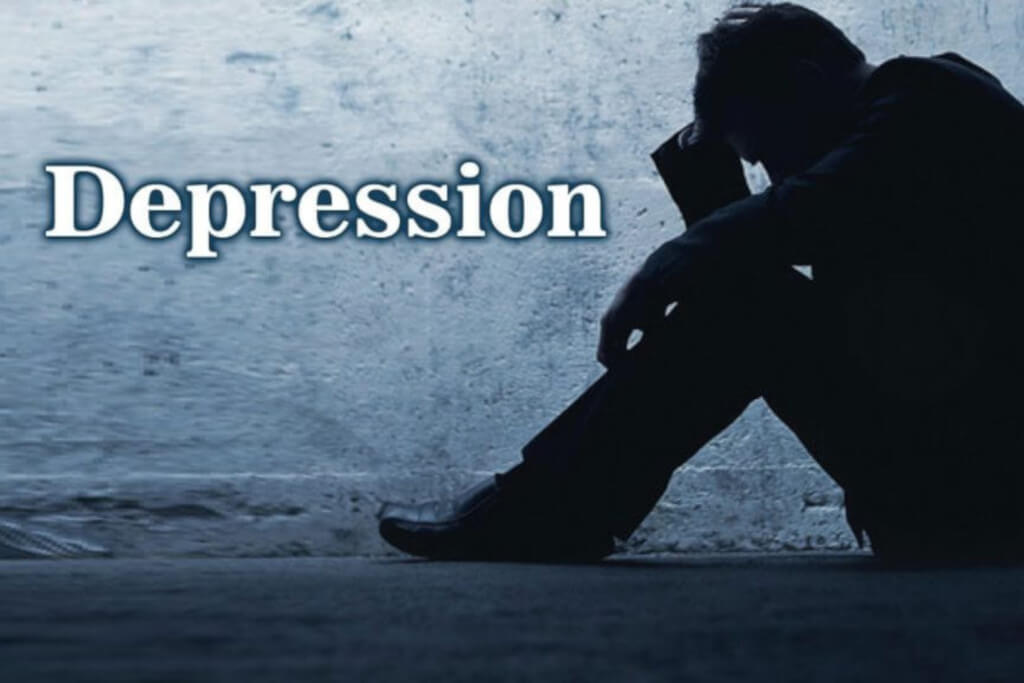BLOG

Mental Health: Depression
Throughout life, sad and unfortunate events occur whether it be a sudden and unexpected family emergency, the death of a loved one, change or loss of career, financial difficulty, health problem or another unexpected life-changing event that has put significant pressure on you or someone you know.
These events can leave a person feeling sad, moody, low, unwanted and irritable from time to time. Some people experience these symptoms intensely and for long periods of time be weeks or months or even years following a significant event, whilst others may experience them without any apparent reason. So, what could this mean?
You may be experiencing some depression if symptoms have prolonged for 2 weeks or more. Other signs can generally include the loss of pleasure or enjoyment in usual activities, inability to concentrate, relying on or turning more frequently to drugs and or alcohol, and withdrawing from family or friends.
Some important factors to consider in determining if someone could be suffering from a type of depression include; family history of depression, an individual’s personality, other serious medical conditions a person is exposed too or suffering at the time and an individuals choice to engage in the use of alcohol and drugs use.
Common behaviours associated with a depressive illness include, but are not limited too;
- Feeling overwhelmed.
- Feeling guilty or believing you are guilty.
- Irritable and often angry mood swings.
- Feeling frustrated and displeased.
- Feeling anxious.
- Unhappy and unable to achieve happiness through regular stimulant.
- Indecisive.
- Feeling sad, hopeless and miserable.
A person may also be experiencing erratic and uncommon thoughts including; their perceived failures in life or relationships, there worthiness, blaming themselves for the mistakes of other’s wrongdoings or failures, considering that their family and friends would be better off without them and that life is not worth living.
Fortunately, there are various treatment options and support services available to people experiencing depression or sadness and also for people concerned about the health and mental wellbeing of a friend or loved one. These include;
Cognitive Behaviour Therapy (CBT), Interpersonal Therapy (IPT), Mindful-based Cognitive Therapy (MBCT), and Behaviour Therapy; Antidepressant medications including the use of Benzodiazepines and sleep medication and qualified health professionals including General Practitioners, Psychiatrics, Psychologists, Mental Health Nurses, Social Workers, Counsellors, Hospitals, Complimentary Health Practitioners and Crisis Assessment or Acute Treatment Teams.
If you or someone you know could be experiencing depression or mental illness, make the call. Preventative action is better than corrective action. Get help
- Beyond Blue Support Services: Phone 1300 224 636 (24 hours per day).
- Life Line: Phone 13 11 14 (24 hours per day).
- Suicide Call-Back Service: Phone 1300 659 467 (24 hours per day).
- Kids Help Line (Ages 5 – 25): Phone 1800 55 1800 (24 hours per day).
This information is for general information only and should not be relied on in a medical or mental health emergency. If someone you know or are with is in immediate danger, please phone 000, or go to your nearest hospital emergency department.

